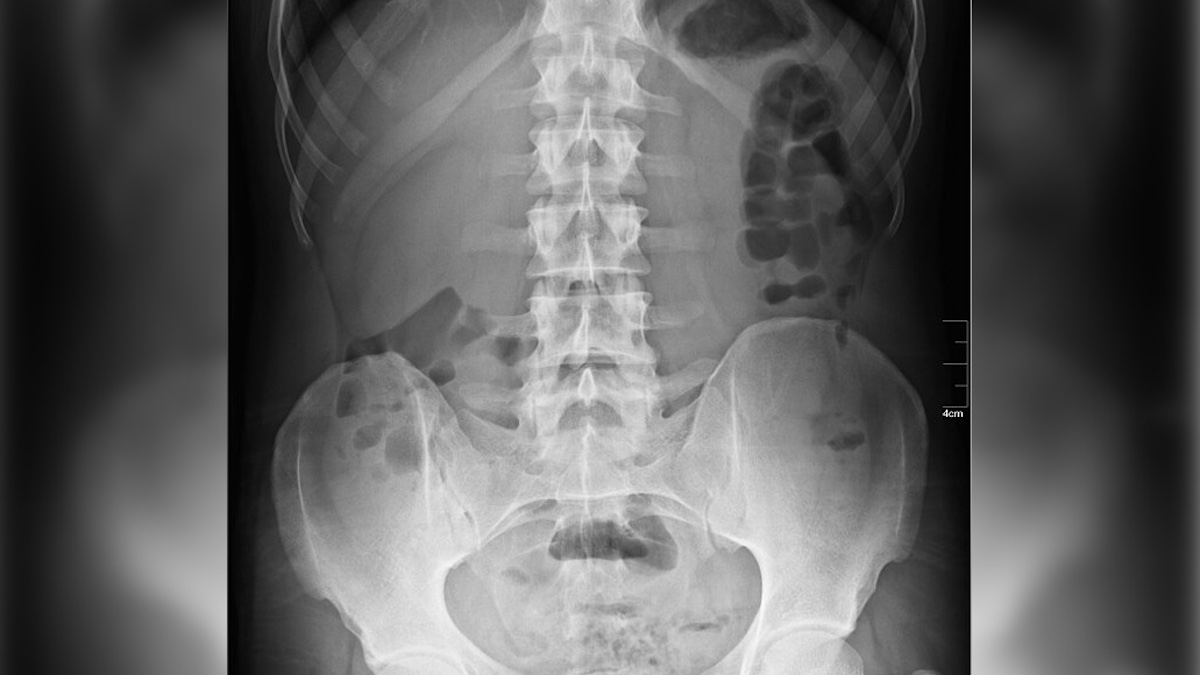
In 2013, an 82-year-old woman in Bogotá, Colombia, went to a local hospital complaining of severe abdominal discomfort. Doctors initially suspected a common issue, such as an infection or intestinal blockage.
However, an X-ray revealed something astonishing that quickly gained international medical attention: a calcified fetus, a rare condition known as a lithopedion or “stone baby,” which had been in her body for approximately four decades.
The medical explanation
A woman went to the hospital for stomach pain.
— Dr. Jason Olamide (@ObaniyiLOJ) August 28, 2025
Doctors found a “stone baby” inside her — a calcified fetus she carried for over 40 years.This rare condition is called Lithopedion.
Lesson: Never ignore persistent pain. Your body is speaking! pic.twitter.com/pWI7zDwE3q
The elderly patient had experienced a rare abdominal pregnancy many years earlier. This occurs when a fertilized egg implants outside the uterus, typically in the abdominal cavity. The fetus had developed for several months before dying. Crucially, because the body could not naturally expel the deceased tissue, it initiated a protective defense mechanism. To shield the woman from infection, her immune system slowly encased the fetus in layers of calcium, effectively turning it into a protective, stone-like mass.
This calcified mass reportedly weighed about four pounds. The condition often goes undetected for years or even decades, as many women experience minimal to no symptoms. Diagnosis typically occurs only when imaging is performed for a different medical issue. In this Colombian case, doctors theorized that the woman’s pain stemmed from the lithopedion pressing on her internal organs as she aged.
Outcome and rarity
In 2013, the patient was transferred from Tunjuelito Hospital to a specialized facility for surgical removal. While the specifics of the operation’s outcome were not released publicly, the case highlights the incredible resilience of the human body. By successfully calcifying the fetus, the woman’s immune system had prevented severe infection and complication for 40 years—a phenomenon doctors described as a medical “miracle.”
Today, lithopedion cases are rare due to advances in modern prenatal care and imaging, which allow medical professionals to detect and treat ectopic pregnancies much earlier. However, experts note that such cases may still surface in areas with limited access to consistent medical screening and care.







